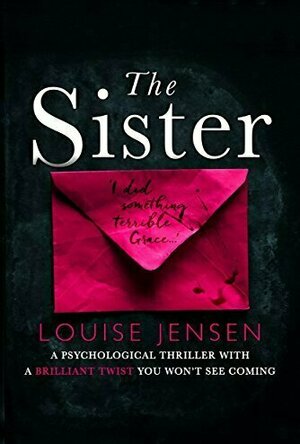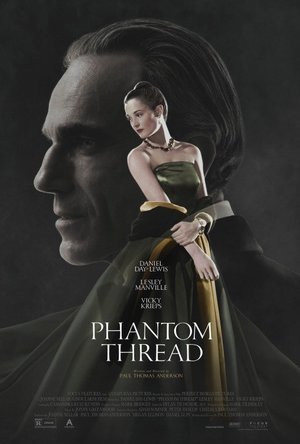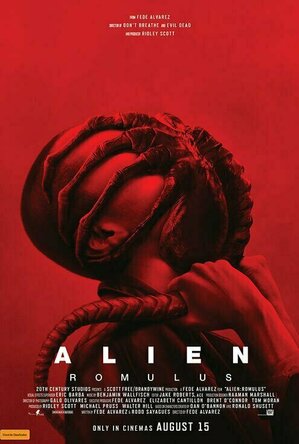
Meditation Feel The Energy
Health & Fitness and Lifestyle
App
For your personal development and work on yourself, choose the unique Feel the Energy meditation...

Gorilla Workout: Bodyweight Fitness Program
Health & Fitness and Lifestyle
App
"You don't need any exercise equipment for this program, but expect to use every part of your body"...

Ab Workouts MMA+ FREE Core Strength Abdominal Flex
Health & Fitness and Sports
App
Train Like an MMA Pro Fighter! The world’s first app that strengthens every abdominal muscle...

SpellTower
Games
App
- Originally written about in The New York Times, featured in Apple Stores, heard about on NPR, and...

Amnesia: Memories Premium Edition
Entertainment
App
The Premium Edition, which includes all the scenarios, as well as the new one, is available at...

Starbase Orion
Games
App
"The best 4X game currently available for mobile" - PocketTactics.com "This one is geek heaven" -...

Ab Workouts MMA PRO - Core Strength Abdominal Flex Training & Personal Abs Trainer
Sports and Health & Fitness
App
Train Like an MMA Pro Fighter! The world’s first app that strengthens every abdominal muscle...

The Sister
Book
‘I did something terrible Grace. I hope you can forgive me…’ Grace hasn't been the same...
Bob Mann (459 KP) rated Phantom Thread (2017) in Movies
Sep 29, 2021
Reynolds Woodcock is the craftsman behind a world-renowned 1950’s fashion house, in demand from the elite classes and even royalty. He has a magnetic personality, is overtly self-confident, obsessive, a cruel bully and treats his girlfriends as chattels that he can tire of and dismiss from his life without a backward glance. Trying to keep the business and Reynolds on track, with ruthless efficiency, is his sister Cyril (Leslie Manville, “Maleficent“).
Looking for his next conquest during a trip to his seaside residence, he reels in blushing young waitress Alma (Vicky Krieps, “The Colony”). But he gets more than he bargains for.
This is a really exquisite and gentle film. Aside from some dubious fungi-related practices, there is no violence, no sex and – aside from about half a dozen well-chosen F-words – limited swearing (of which more below). This is a study of the developing relationship between the two protagonists, with little in the way of plot. Sounds dull? Far from it. This is two hours that flew by.
What it also features is (yet) another example of extremely strong women asserting their power. A scene (well trailed in Manville’s award snippets) where Cyril firmly puts Reynolds back in his box is brilliant: a real turning of tables with Woodcock meekly falling into line. And Alma makes for an incredibly rich and complicated character, one of the most interesting female roles I’ve seen this year so far.
It’s a stellar acting performance from Day-Lewis, and while Oldman fully deserves all of his award kudos for “Darkest Hour”, Day-Lewis delivers the goods without any of the make-up. It feels like Day-Lewis is a long way down the betting odds this year because “he always gets one”. He certainly gets my vote ahead of all of the other three nominees.
Kreips – not an actress I know – also brilliantly holds her own, and if it wasn’t such a strong female field this year she could well have been nominated.
Also worthy of note is the pervasive piano score by (suprisingly) Radiohead’s Jonny Greenwood. It’s really lovely and counterpoints the rest of the classical score nicely. Its BAFTA and Oscar nominations are both well deserved (though I would expect the Oscar to follow the BAFTA steer with “The Shape of Water“).
All in all, this is a real tour de force by writer/director Paul Thomas Anderson (“Inherent Vice”, “There Will Be Blood”). How much I enjoyed this film was a surprise to me, since I have no interest in the “fashion industry” (as my family will no doubt be quick to point out!) and I went to see this more out of ‘duty’ based on its Oscar buzz than because I really wanted to see it.
The big curiosity is why exactly the BBFC decided that this film was worthy of a 15 certificate rather than a 12A. Their comments on the film say “There is strong language (‘f**k’), as well as milder terms including ‘bloody’ and ‘hell’. Other issues include mild sex references and scenes of emotional upset. In one scene, a woman’s nipples are visible through her slip while she is measured for a dress.” For a 12A, the board say “The use of strong language (for example, ‘f***’) must be infrequent”. I didn’t count the f-words… but as I said I don’t think it amounts to more than a half-dozen. Is that “frequent”? And – SHOCK, HORROR… visible covered nipples you say?! Lock up your teenagers! When you look at the gentleness of this film versus the violence within “Black Panther”, you have to question this disparity.
Gareth von Kallenbach (980 KP) rated Alien: Romulus (2024) in Movies
Sep 2, 2024
The film is the first in the series since Disney purchased Twentieth Century Fox and they turned to Director and Co-writer Fede Alvarez to develop a story he had shared with Producer Ridley Scott years prior.
The movie was originally intended to debut on Hulu similar to how “Prey” was released but it was decided to go with a theatrical release early in production.
Cailee Spaeny stars as Rain; an orphan living on a dark planet with her Android “Brother” Andy (David Jonsson). The mining colony is filled with despair and disease from the mine and Rain is eager to immigrate to a colony that offers the sun and a better life having completed the terms of her service agreement with the Company.
Her request is denied and she is told that due to a labor shortage, she has to work five years in the mines before she is eligible to be considered again. Knowing the Mines are for many deaths waiting to happen, Rain is asked by a group of friends to join them for a mission.
Her friends pilot a hauler used to ferry cargo and say that they have found an object drifting through the system which will crash into their planetary rings in about 47 hours. They plot to go up and salvage some Cryopods which will enable them to head to the desired colony which is a nine-year journey.
Without options and knowing that Andy is the key to gaining access, the group enters the station and sets about their tasks.
Unfortunately, their actions rouse the dark and deadly secret of the station and they soon find themselves facing deadly Aliens in a tense and pitched fight for survival and escape.
The movie does a very good job at filling in areas of the overall mythos and delivering fan service which does not feel like pandering and also helps create a pathway for new stories that do not directly impact the film “Aliens” which is set 37 years after the events of this film.
The movie also connects to the Prequel films as well as the original “Alien” in some clever ways which helps the continuity but still leaves plenty of mystery and questions even when this one fills in a few of the gray areas slightly.
The movie takes its time to set up the premise and get to the action but it never drags and is engaging from start to finish. Alvarez has done a masterful job capturing not only the look of the earlier films but also creating an intense thriller that gives audiences what they want and more as use of physical effects was very effective.
The cast was strong and Spaeny and Jonsson have a great chemistry with one another which helps in the face of the growing danger and tensions in the film.
I found myself not only loving the nostalgic touches but also the way that elements of the Company are explained and how much they truly knew which adds new dimensions to the first two films in the series but raises all sorts of possibilities for future films in the series.
“Alien: Romulus” was a true joy from start to finish for me and as a fan who has enjoyed the franchise since I was a small child; it delivered what I wanted and for me was the most enjoyable and satisfying entry in the series since “Aliens” and Alvarez and the cast are to be commended for creating a film that invigorates the franchise and delivers.

